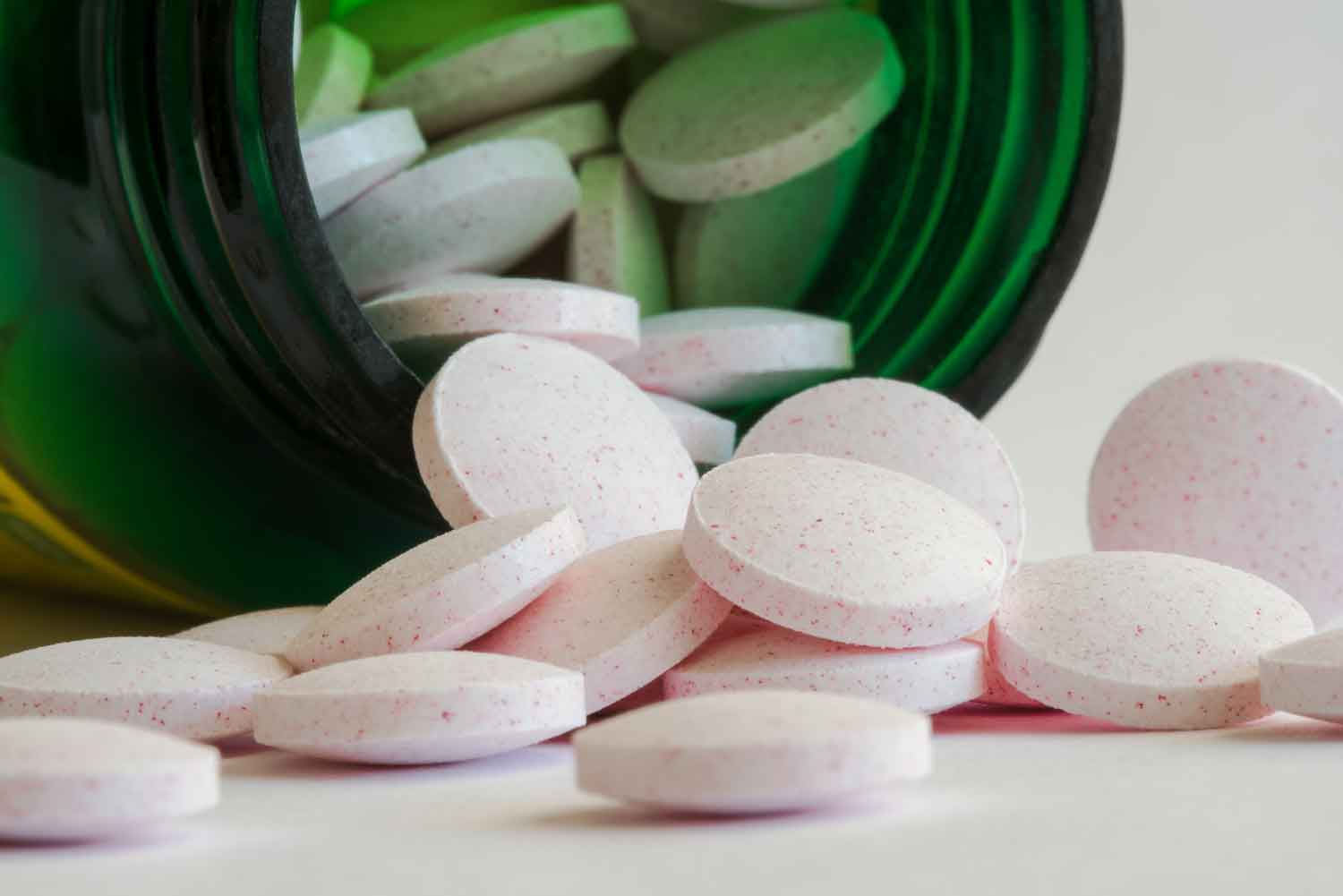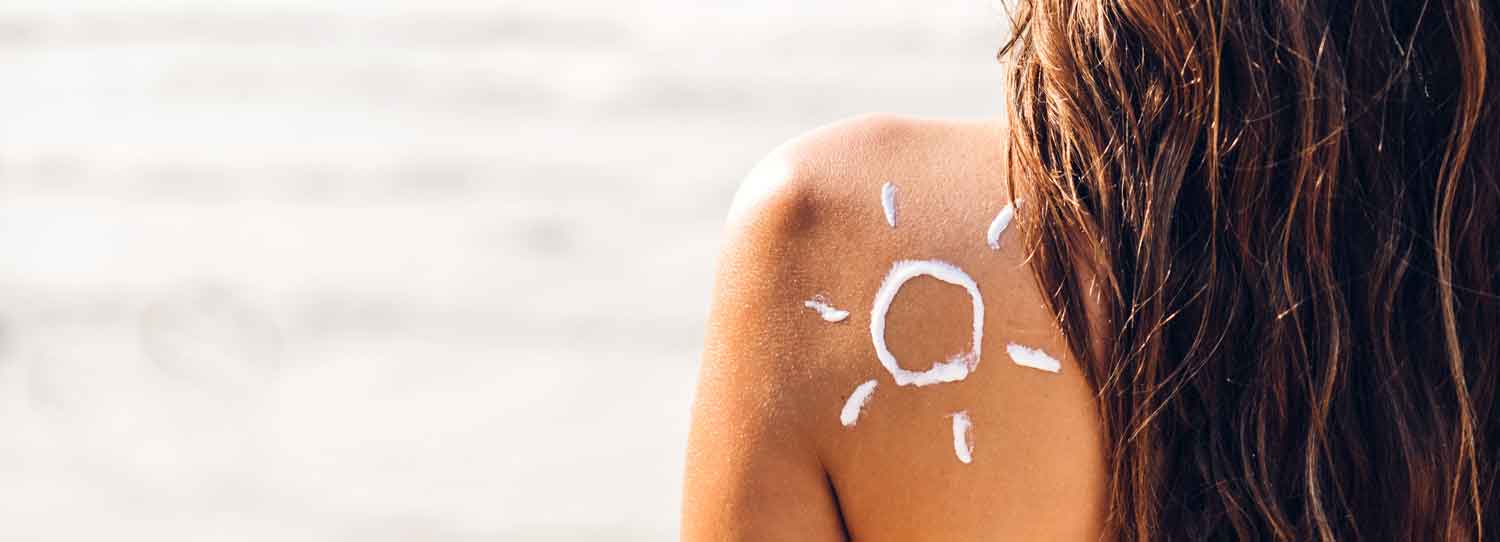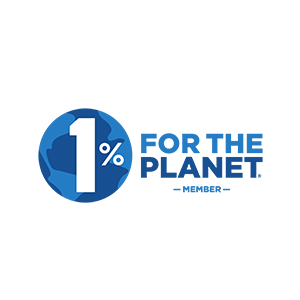
Can I Drink Alcohol With Melatonin?
REPOSTED FROM GOODRX
WRITTEN BY DR. SWATHI
As many as 50% of adults in the U.S. experience insomnia symptoms (trouble sleeping). Between 2005 and 2010, it was estimated that nearly 9 million U.S. adults took prescription medications to help them sleep every night. Poor sleep can raise your risk of developing other health conditions, including depression, heart disease, diabetes, and obesity.
Because of the risks associated with prescription sleeping pills, more and more adults are looking to dietary supplements and natural remedies to get a full night of restful, rejuvenating sleep. People with insomnia will also sometimes drink alcohol as a way to help them fall asleep. However, mixing alcohol and dietary supplements can be problematic.
Although familiar over-the-counter (OTC) sleep aids, such as melatonin, are thought to be safe, it is not always the case, especially when combined with alcohol. In this article, we will explore why taking melatonin with alcohol could be harmful and isn’t recommended.
How does alcohol affect people with insomnia?
Insomnia — defined as a consistent issue with falling asleep, staying asleep, and getting good quality sleep — leads to a number of issues, including feeling sleepy throughout the day and being unable to complete your daily tasks as ideally as you would like.
Due to its sedative effects, alcohol has been used by many adults looking for something to help them get to sleep. However, alcohol has been shown to lower the amount of REM (rapid eye movement) sleep — the deepest stage of sleep — you experience and can cause disturbances throughout the night. This means the quality of the sleep you get is poor, even if alcohol seems to make you fall asleep easier, and you are likely to feel sleepy the following day.
Drinking alcohol regularly to help with insomnia can lead to a self-medicating cycle — using a depressant (alcohol) to fall asleep and stimulants (like caffeine) to stay awake during the day. This throws your body off balance and can lead you to grow reliant on these substances.
There seems to be a link between those who consume alcohol heavily and those who report insomnia-related symptoms. And people who have alcohol use disorder often find that even after they stop drinking, they continue to have problems sleeping.
What is melatonin?
Melatonin is a hormone made naturally in the body that helps keep us aligned with our circadian rhythm — our natural sleep-wake cycle that repeats every 24 hours. Created in the brain, melatonin is a key hormone that helps us fall asleep and stay asleep. Its production is kicked into high gear after the sun goes down, and levels are highest in our bodies between 2AM and 4AM.
Even though we create melatonin in our bodies, it can also be taken as an OTC supplement. Although taking melatonin as an occasional sleep aid is generally considered safe for most people when taken short term, supplementing to raise the amount of this hormone in our bodies is not always recommended.
It is important to note that dietary supplements, like melatonin, are not as strictly regulated by the FDA, nor are they held to the same standard as prescription medications. This means that there are often limited studies available for dietary supplements about their effectiveness, drug interactions, and side effects. It’s best to discuss whether using a melatonin supplement is right for you with your provider.
Can I take melatonin with alcohol?
Because melatonin is something our bodies naturally make, it’s no wonder that many people ask whether it’s safe to drink alcohol and take a melatonin supplement within a few hours of each other. While there are no studies exploring how alcohol affects melatonin supplements, both typically cause drowsiness, so mixing them could lead to more severe sleepiness.
As mentioned earlier, alcohol disrupts our sleep-wake cycle, and natural melatonin promotes it. Drinking alcohol could also counteract a melatonin supplement’s effects, making it harder for it to do its job.
In short, melatonin will work best when there is no alcohol in your system.
Is having one or two drinks OK?
Alcohol’s effects vary from person to person, no matter the amount consumed. This is based on a number of unique factors, such as age, genetics, and other health conditions you have. When taking melatonin, it’s best to err on the side of caution and completely avoid alcohol while taking this supplement.
Are certain people more at risk when combining alcohol and melatonin?
Yes. Certain groups of people are more at risk for complications from alcohol, melatonin, or the combination of both.
People taking certain medications
People taking the following prescription and OTC medications at higher risk for problems when combining with either alcohol or melatonin:
- If you take blood thinners, such as warfarin (Coumadin), alcohol stops your body from properly digesting the medication and could lead to serious bleeding, such as stomach bleeding or a brain bleed. A small study also suggested melatonin could have a similar effect on blood thinners.
- If you have anxiety and use melatonin to help you sleep, consuming alcohol along with anxiety medications, such as alprazolam (Xanax), can be dangerous to mix with alcohol because the combination can cause life-threatening drowsiness or trouble breathing.
- If you take other OTC sleep aids, such as valerian root, diphenhydramine (Zzzquil), or doxylamine (Unisom), you should avoid both alcohol and melatonin. This combination can lead to more severe drowsiness and a higher risk for accidental injuries.
This is not a complete list of medications that interact with alcohol or melatonin. Please speak with your provider to discuss if other medications you take are safe to combine with these substances.
Older adults
Older adults are also at a higher risk for problems when combining alcohol and melatonin. People over 65 years old are more likely to feel the effects of alcohol sooner or more intensely, so they have a higher risk of interactions with medications and alcohol. And while melatonin is considered a lower risk option for treating insomnia in older adults, combining it with alcohol could lead to problems, such as a higher risk for falling, car crashes, and accidental injuries.
People assigned female at birth
Because people assigned female at birth have less water in their bodies than those assigned male at birth, they reach higher blood alcohol concentrations (BACs) even when they consume the same amount of alcohol. This means that more alcohol will be available to interact with medications in their bodies.
Currently, research is limited on if this same risk applies to transgender, non-binary, and intersex folks. So to be safe, you should discuss this matter with your healthcare provider. They’ll be better able to guide you based on your medical history.
Typical side effects vary, but melatonin supplements are generally well-tolerated. The most common side effects include:
How does alcohol interact with melatonin?
A few studies have shown that certain populations who consume high amounts of alcohol had lower amounts of natural melatonin. The study participants who drank a lot of alcohol also started producing melatonin later at night — disrupting the natural circadian rhythm — compared to people who didn’t drink heavily.
Current available studies only looked at small groups of people and investigated alcohol’s effects on natural melatonin (not melatonin supplements). Because of this, more research is needed to explain exactly how drinking alcohol interacts with melatonin supplements.
What are the typical side effects of melatonin?
- Drowsiness
- Daytime sleepiness
- Headache
- Nausea
Are there any serious side effects or risks?
Drinking alcohol while taking melatonin can cause you to experience severe drowsiness. This could raise your risk of falling or accidentally injuring yourself. Because of this risk, you should not attempt to complete any tasks that require concentration or alertness, such as driving, if you drink or take melatonin supplements.
When should I get medical attention?
Melatonin isn’t known to have any life-threatening side effects. There are some reports of this supplement raising the risk of seizures for people who have seizure conditions, so it’s not recommended if you have a history of seizures. If you experience a seizure after taking melatonin, seek medical help right away.
Consuming too much alcohol at once can lead to alcohol poisoning (also called an alcohol overdose), which is a serious and potentially life-threatening problem. The more alcohol you drink at one time, the higher your risk of experiencing alcohol poisoning is.
Signs of a possible alcohol overdose include:
- Confusion
- Loss of consciousness
- Vomiting
- Seizures
- Very slow or irregular breathing
- Slowed heart rate
- Cold, pale, clammy, or bluish skin
If you believe you or someone around you could be experiencing alcohol poisoning, call 911 immediately.
How long does melatonin stay in your system?
While it depends on the specific product and the person taking melatonin, it can take up to 5 to 6 hours to fully leave your body. If you are awake during this time rather than asleep, you may feel more side effects like drowsiness or dizziness. If you take melatonin, it’s best to take it without alcohol and when you intend to sleep for at least 5 to 6 hours.
Are there are any sleep aids that aren’t affected by alcohol?
No. Drinking while taking any prescription or OTC sleep medication is a bad idea. Alcohol can worsen the side effects and the intended sleepiness of these medications. Drinking alcohol with any sleep aid can cause life-threatening sedation and raise your risk of an overdose.
What else can I do to improve my sleep?
There are many things we can do every day to help achieve a great night’s sleep. This is what is referred to as sleep hygiene or healthy sleep habits. This includes a number of things that are easy to overlook including:
- Maintaining a consistent sleep schedule
- Having a relaxing evening routine
- Only using your bed for sleep and intimacy
- Avoiding caffeine in the afternoon and evening
- Exercising regularly
- Avoiding screens, such as phones or mobile devices, for 30 minutes before bed
It’s important to note that many medications can cause insomnia as a side effect, so you may want to review your current medication schedule with your provider or pharmacist. Be sure to ask if any of your prescriptions or OTC products could be the cause of your sleeping problems.
If these tips don’t seem to help, ask your provider about cognitive behavioral therapy for insomnia (CBT-i). This is the most effective, medication-free treatment for chronic insomnia.
The bottom line
Healthy sleep is vital for physical and mental health as well as improving overall quality of life. With the millions of Americans unable to sleep every night, many are looking to natural aids, such as melatonin, to help them.
However, taking melatonin supplements when drinking alcohol is not recommended and can get in the way of your normal sleep-wake cycle. This combination can also raise your risk of experiencing side effects or of injuring yourself. If you are consistently having trouble sleeping, it’s best to contact your provider before trying any OTC sleep aids and avoid drinking alcohol in the meantime.
If you or your loved one may be struggling with alcohol or substance use, helpful resources are available through the Substance Abuse and Mental Health Services Administration (SAMHSA) Helpline at 1-800-662-HELP (4357).











